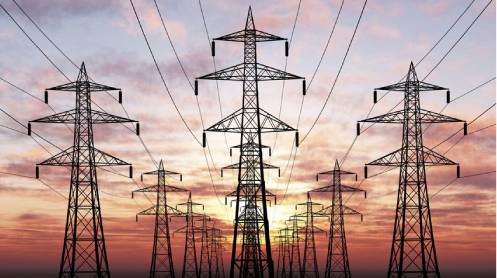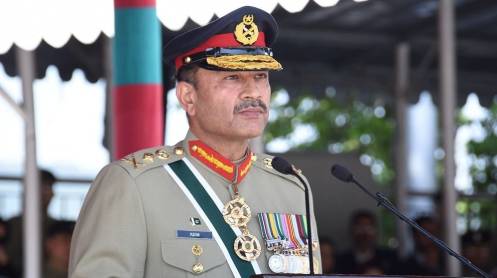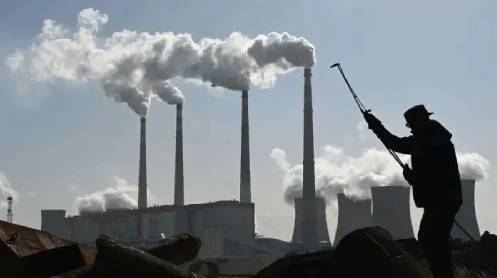ISLAMABAD: The government announced plans to revise Power Purchase Agreements (PPAs) with 18 independent power producers (IPPs) established under the 1994 and 2002 power policies within the next four to six months. This comes after securing an agreement with bagasse-based power plants for tariff reductions.
Power Minister Owais Khan Leghari confirmed the premature termination of PPAs with five of the oldest IPPs, with projected savings of Rs70 billion annually or about Rs411 billion over their remaining contract periods. Special Assistant to the Prime Minister Muhammad Ali, a task force member overseeing IPP renegotiations, adjusted the estimated annual savings to Rs60 billion. This move is part of a broader initiative to reform the power sector, cut costs, and boost industrial activity.
The second phase of negotiations includes delinking five bagasse-based IPPs from coal-based pricing indexed to the US dollar, now pegged to the Pakistani rupee. Ali noted that such linkage to coal prices, particularly in foreign currency, was unique to Pakistan, and the adjustments align bagasse tariffs with international standards.
The task force is also working to reduce reliance on imported fuels by encouraging local fuel sources, following a review that revealed some IPPs had excessive returns of 27-30% under past policies. Senator Mohsin Aziz, presiding over the Senate Standing Committee on Power, voiced concern over IPPs recovering their investments in record time, sometimes within two years for coal-based plants.
The government’s task force is in the third phase of negotiations with 18 IPPs and state-owned power plants, aiming for completion in three to six months. Senator Aziz and the committee commended these renegotiations for potential relief to consumers.
The committee also discussed concerns raised by Senator Aimal Wali Khan about IPP costs included in Khyber Pakhtunkhwa electricity bills, despite no power generation by IPPs in the province. Special Secretary Arshad Majeed Mohmand explained that electricity rates are federally set with a uniform national tariff, though committee members suggested provincial benefits from local energy resources.
Story by Khaleeq Kiani





